
As business leaders, we know that the key to having a robust workforce is to ensure that every student is career and college ready. To do this, it is our economic, moral, and constitutional imperative for each student in North Carolina to have access to the unique and necessary resources and opportunities they need to reach their full potential. Data show that many students are being deprived of access to advanced coursework, effective educators, and high expectations. This presents an important opportunity to close learning gaps and increase the possibility for all students to graduate with the knowledge, the skills, and the behaviors they need to thrive in a competitive global economy.
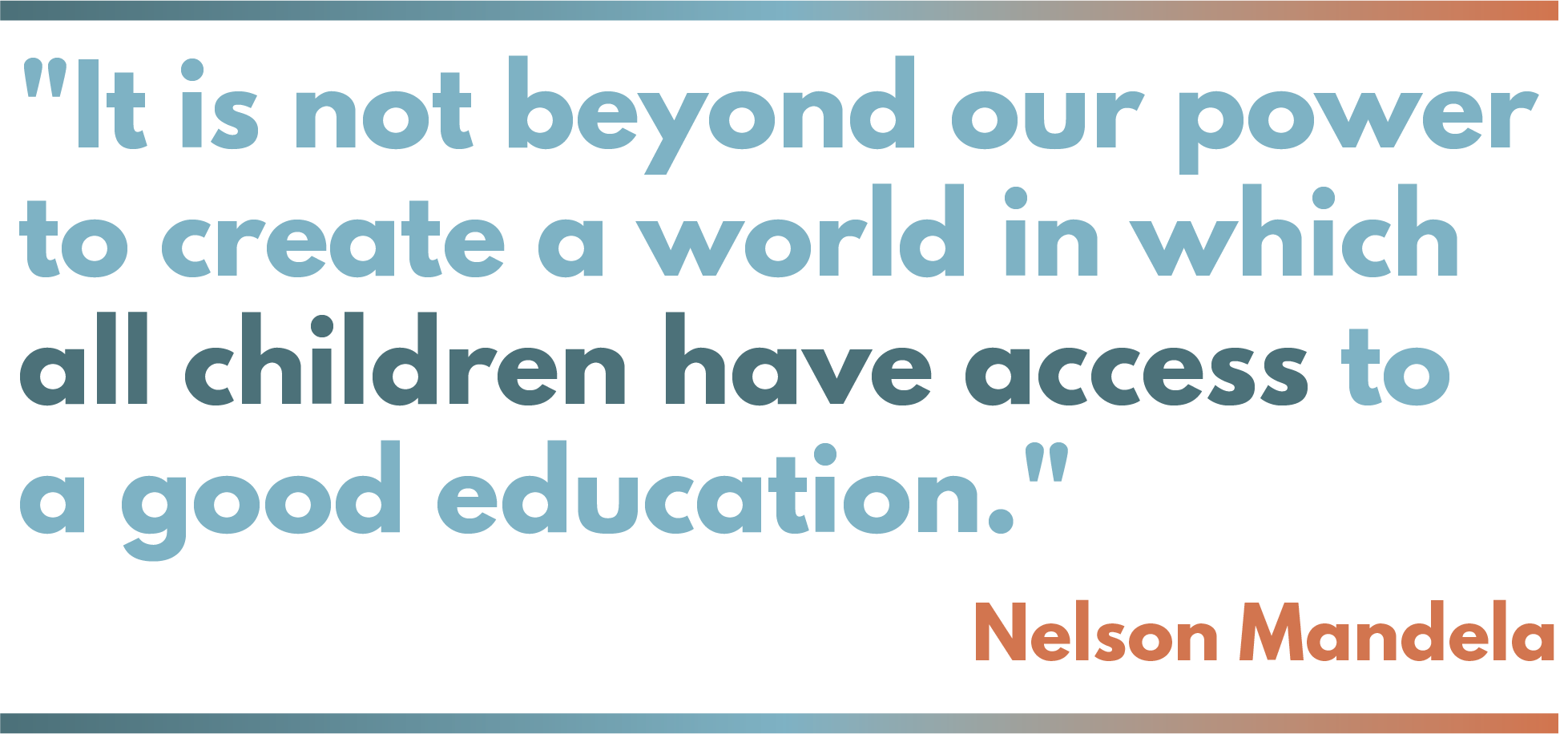
Access and equity in education go hand in hand. At a minimum, every student should have equal access to rigorous coursework and instruction, excellent educators, and critical support services – regardless of geographic location, income level, race, gender, or ability. We also know that some students require more supports than others to be successful. Equity in education means that we provide appropriate, personalized resources to each student, empowering them to succeed in school, work, and life.

Our work on Access & Equity in Education includes specific programs, policies, and initiatives that have access and equity embedded in their design. Several of these overlap with our Educator Innovation strategies because critical decisions on access and equity are being made by the educators who are closest to the students. Therefore, the quantity, quality, and diversity of these educators is also an important Access & Equity strategy.
Our Access & Equity work addresses three main components. Hover over each graphic to learn more about the policies, programs, and initiatives that seek to improve Access & Equity in Education:
![]()
![]()
![]()
Increasing Access to Advanced Math Coursework
Research finds that students who enroll in and complete advanced math courses are more likely to be ready for post-secondary education than students who don’t. Years of research found that thousands of high-achieving North Carolina students were not gaining access to the same advanced coursework as their equally qualified peers. In 2018, North Carolina became the first state in the nation to mandate advanced coursework placement for high-achieving students from grades 4 through 12. This nation-leading policy is now being modeled in other states.
To learn more, visit our landing page.
Access to Economics & Personal Finance Coursework
Students who receive training in financial literacy concepts have less debt and are better equipped to contribute to the economic well-being of the country. More than half of the states in the nation require an economics and/or personal finance course. In North Carolina, this important content was a subset of an American History course and the only other access for students was through an elective Career & Technical Education (CTE) course. In 2019, North Carolina state law mandated an Economics & Personal Finance course for all students beginning with the class of 2024, ensuring equal access to this critical content and coursework.
To learn more, visit our landing page.
Principal Fellows/TP3
The Principal Fellows/TP3 program reimagines the pathway to school leadership, creating a rigorous recruitment and vetting strategy, while removing financial barriers for strong leadership candidates. It is structured as a competitive grant program that supports high-quality, school-based preparation for aspiring school leaders. Service repayment is accelerated when the candidate works in a low-performing school and priority is given to programs that will prepare principal candidates to work in high-need schools.
To learn more, visit our landing page or the NC Principal Fellows website.
Principal Pay
In 2016, NC principals were amongst the lowest paid in the nation, with pay based on an outdated model that included disincentives for talented educators to enter the profession or work in high-need schools. By the 2019-20 school year, North Carolina’s average pay ranking moved from last to #3 in the Southeast. Importantly, the salary schedule is now based on the size of their school and on their success with students – rather than on input measures that are typically not correlated with leadership quality. Exceptional principals are also incentivized to move to low-performing schools with a three-year bonus of $30k/year. We strive to improve this approach even further by adding multiple measures of school/job complexity and principal effectiveness.
To learn more, visit our landing page.
TeachNC
TeachNC launched in 2019 to elevate the perception of the teaching profession and increase the quantity, quality, and diversity of candidates entering the teacher pipeline in North Carolina. In service of this mission, TeachNC includes a full suite of strategic recruitment activities in partnership with BEST NC, NCDPI, 54 Educator Preparation Programs (EPPs), and 115+ K-12 School Districts (LEAs) and charter schools. We strive to create a trusted, safe, and user-friendly one-stop resource for anyone considering a career in teaching in North Carolina, including a robust ad campaign, comprehensive website, and 1-on-1 supports for teacher candidates. In its first year, more than 600 candidates entered the classroom or educator preparation program. Nearly half identified as candidates of color.
To learn more, visit our landing page or TeachNC’s website.
Funding Equity & Flexibility
For decades, North Carolina’s funding model has recognized that education resources cannot be allocated through a one-size-fits all formula. By allocating additional funds based on student, school and district needs, North Carolina has a more equitable funding distribution than most states. That said, important – and perhaps uncomfortable – conversations can and should be had about whether funding is adequate, the distribution is sufficiently equitable, and whether more resource decisions should be made at the school level. To start, BEST NC has created a Per Pupil Expenditure Data Explorer to help facilitate these important conversations.
To learn more, visit our landing page.
Advanced Teaching Roles
The Advanced Teaching Roles program encourages school districts to design and implement new organizational models that empower and pay effective teachers to extend their reach to more students and/or take on leadership roles providing professional support to developing teachers. These models help retain our best teachers in the classroom through advanced professional pathways, provide ongoing support for developing teachers, and distributes leadership responsibilities across the school building – allowing principals to focus on other critical leadership functions.
To learn more, visit our landing page.
Competency-Based Learning & Assessment
Starting with our Digital Learning Plan, North Carolina is committed to ensuring personalized teaching and learning opportunities for each student. This critical tool for personalized learning includes access to virtual learning resources and a transition to competency-based teaching, learning, and assessment.
To learn more, see our Policy and Program Priorities.
BEST NC also collaborates on several other initiatives, policies, and programs that prioritize Access & Equity, including:

The DRIVE Taskforce:
The Governor’s DRIVE Taskforce has developed a set of recommendations focused on increasing racial/ethnic diversity in North Carolina’s educator pipeline. These recommendations span the continuum from recruitment to preparation to professional development and support in schools. DRIVE and NC STRIDE intersect and align in their efforts to increase educator diversity through recruitment.
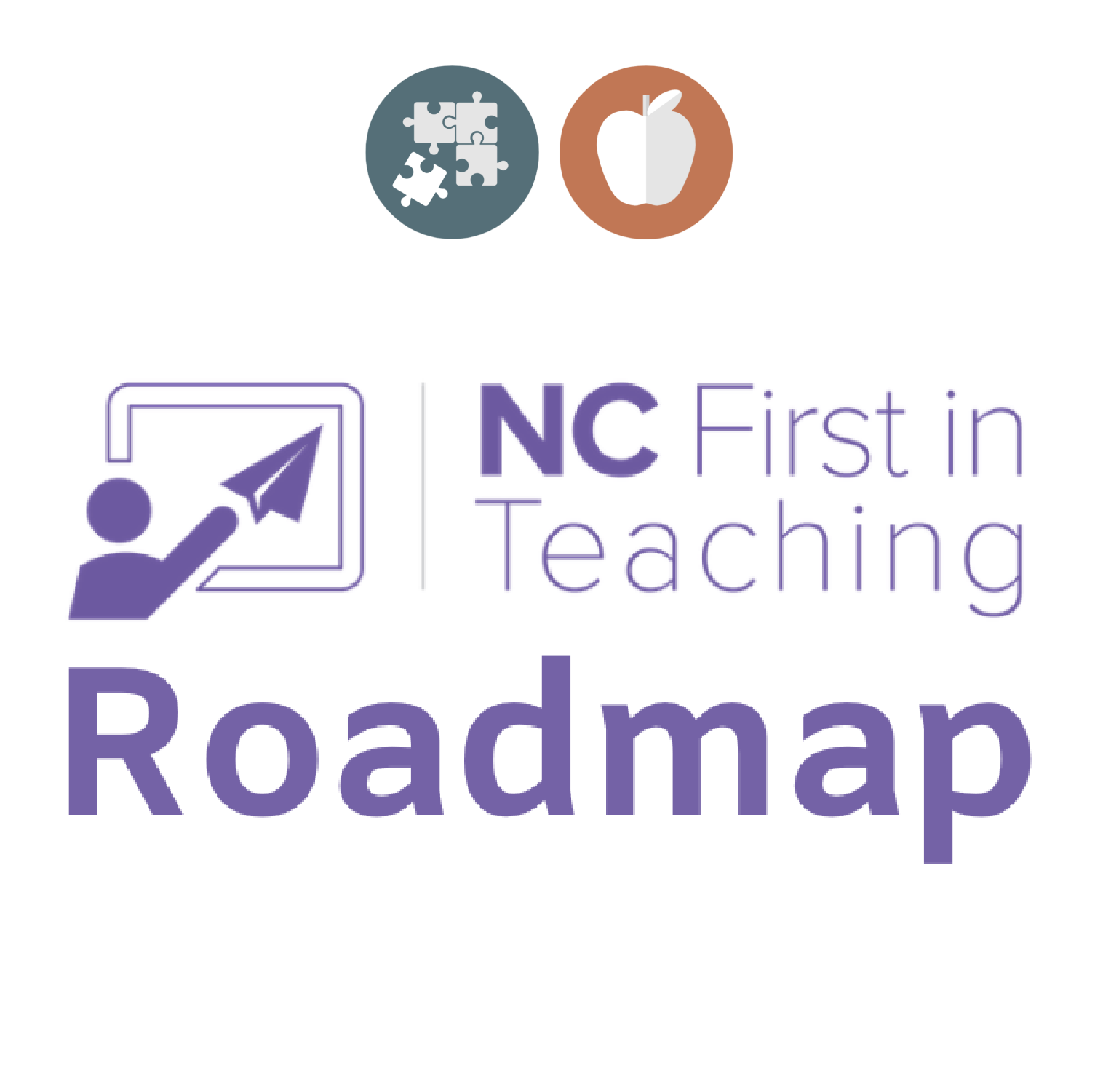
The First in Teaching (FIT) Roadmap:
In 2018, a diverse group of current and former educators from across North Carolina came together, sharing their stories, experiences, and ideas with the goal of elevating their profession. The culmination of their work, thus far, is the NC First in Teaching (FIT) Roadmap. This ten-part plan highlights practical, actionable solutions to improve the teaching experience and allow educators to better serve their students. TeachNC, for example, was a direct result of this effort and item #8 – Rigorous Recruitment & Preparation.
To learn more, visit our FIT Roadmap landing page.
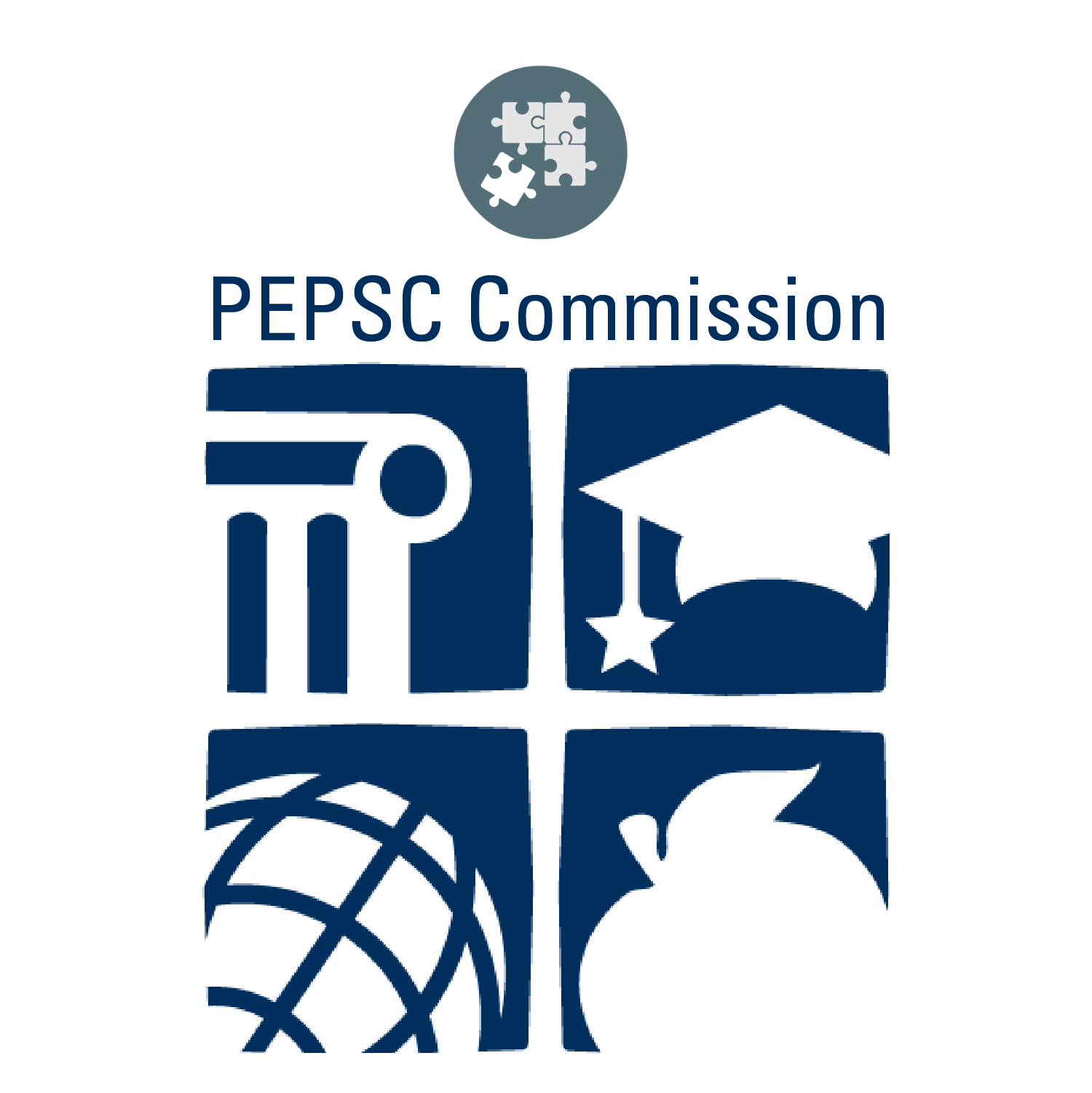
Principal Standards Subcommittee of the PEPSC Commission:
The Principal Standards Subcommittee of the Professional Educator Preparation and Standards Commission has endeavored to modify the existing NC Standards for School Executives to better reflect the newly released, national Professional Standards for Educational Leaders and to add a focus on educational equity.
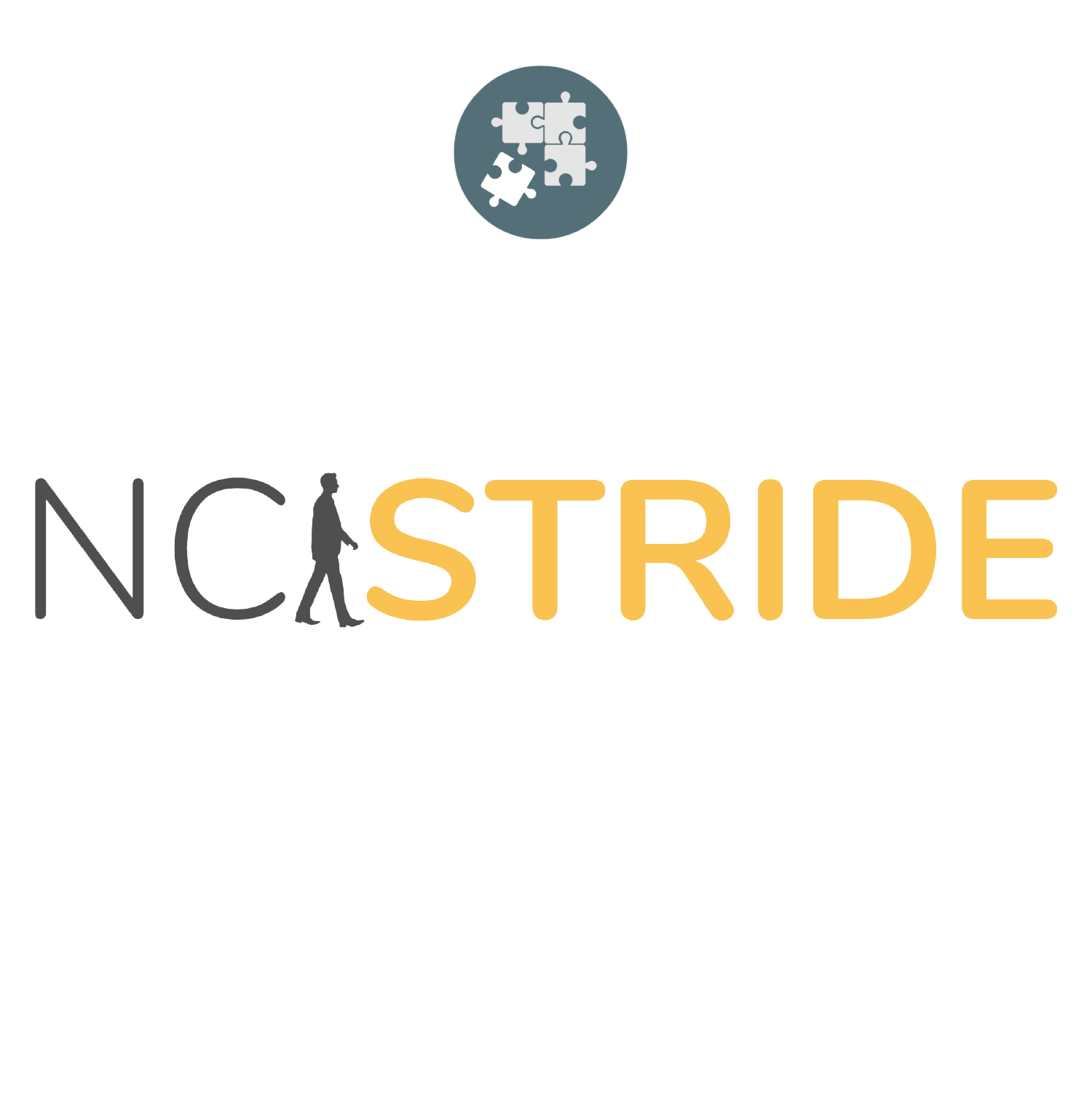
NC STRIDE:
Much like the FIT Leaders work that led to the FIT Roadmap, BEST NC has convened NC STRIDE, a 100+ member working group of educators, recruiters, educator preparation programs, policymakers and more. The working group explored the teacher recruitment landscape across the state with the goal of developing a North Carolina Teacher Recruitment Action Plan. This NC STRIDE Action Plan includes dozens of specific, actionable strategies to dramatically improve the recruitment of teachers.
To learn more, visit the NC STRIDE landing page, or the 2020 North Carolina Education Innovation Lab landing page.
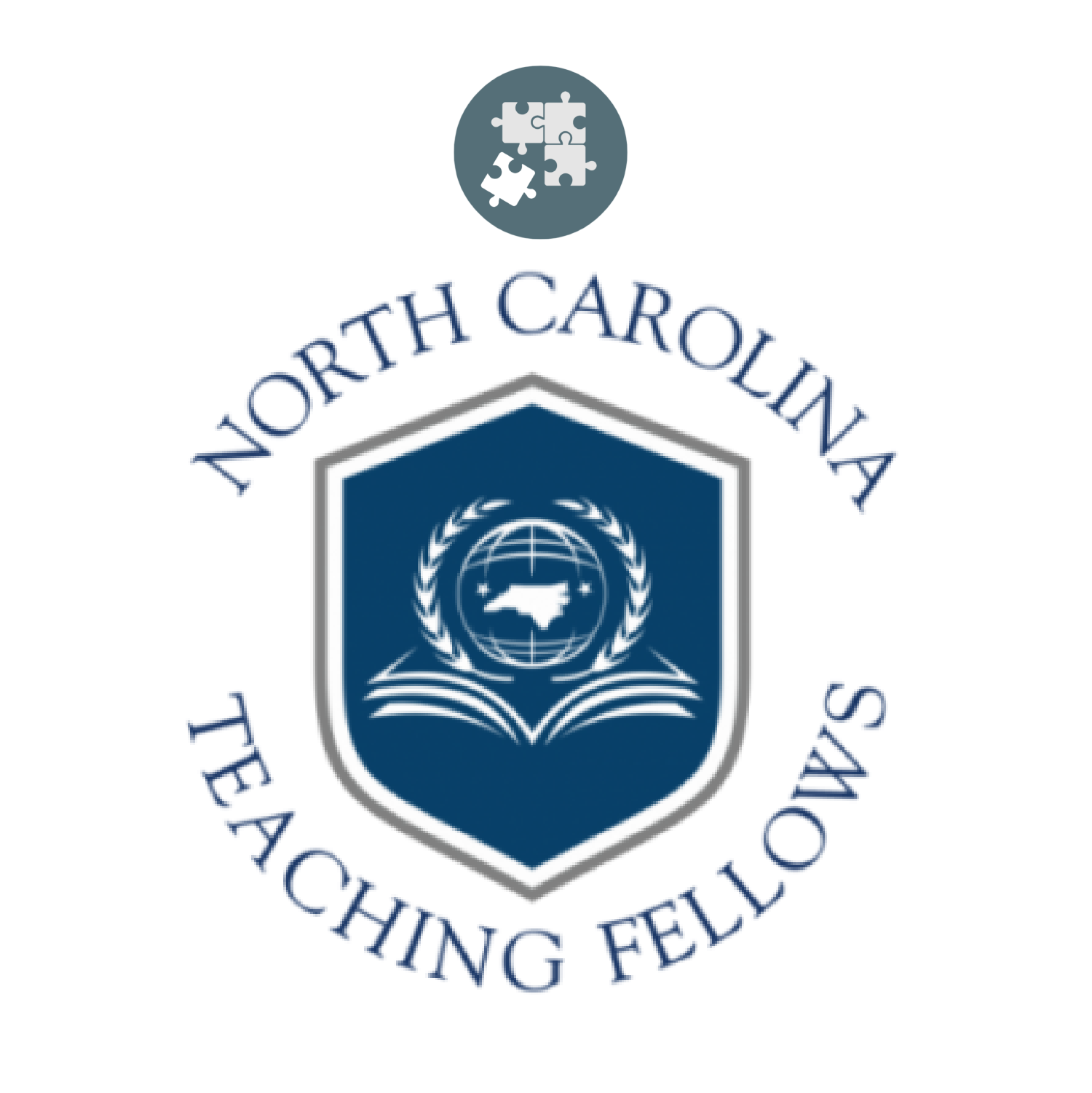
The New NC Teaching Fellows Program:
The new NC Teaching Fellows program provides forgivable loan scholarships for teacher candidates who commit to teaching in North Carolina public schools following the completion of a high-quality teacher preparation program. The NC Teaching Fellows forgivable loans are for candidates who plan to teach in hard-to-staff subject areas of STEM and Special Education. They are also forgiven in half the time if candidates choose to teach in low-performing schools.

